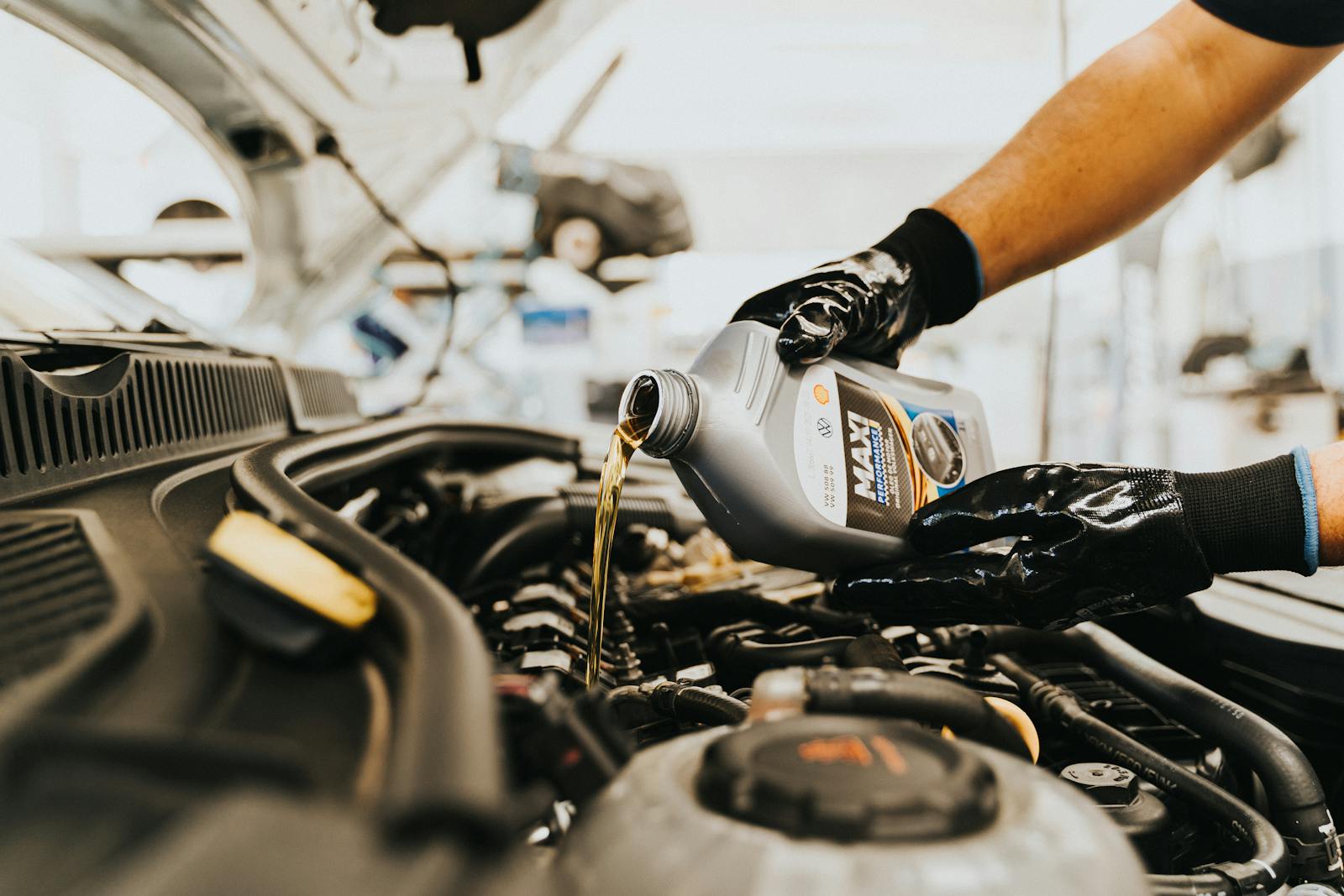
Regular oil changes are essential for engine health, but common mistakes can lead to significant damage. Here are ten pitfalls to avoid to ensure your vehicle runs smoothly and efficiently.
1. Ignoring Manufacturer Guidelines
Every vehicle has specific oil change intervals outlined in the owner’s manual. Ignoring these recommendations can lead to engine wear. Manufacturers like Ford and Toyota emphasize adhering to these guidelines for optimal performance.
2. Using the Wrong Oil Type
Using an oil that doesn’t meet the specifications for your vehicle can cause lubrication issues. Check the API certification and viscosity ratings recommended by the manufacturer to avoid potential damage.
3. Skipping the Oil Filter Change
Failing to change the oil filter during an oil change can lead to contamination. A clogged filter restricts oil flow, causing engine wear. The NHTSA recommends changing the filter with every oil change.
4. Overfilling Oil
Adding too much oil can create excessive pressure and cause leaks. Refer to the dipstick to ensure oil levels are correct, as overfilling can damage seals and gaskets.
5. Neglecting to Check Levels Regularly
Regularly checking oil levels can prevent engine damage. Low oil can lead to overheating and increased friction. The NHTSA advises checking levels at least once a month.
6. Changing Oil Too Often or Not Enough
Changing oil too frequently wastes resources and may not benefit engine health. Conversely, delaying changes can lead to sludge buildup. Follow manufacturer guidelines for the best balance.
7. Using Recycled Oil Incorrectly
While recycled oil can be beneficial, it must meet quality standards. Using subpar recycled oil can introduce contaminants that harm engine components. Ensure it’s certified and suitable for your vehicle.
8. Ignoring Symptoms of Oil Degradation
Oil can degrade over time, affecting performance. If you notice dark, gritty oil or engine noise, it may be time for a change. Addressing these signs early can prevent severe damage.
9. Failing to Tighten the Drain Plug
A loose drain plug can lead to oil leaks, causing significant engine damage. Always ensure the drain plug is securely tightened after an oil change to prevent loss of oil.
10. Not Keeping Records
Neglecting to document oil changes can lead to missed intervals, increasing the risk of engine damage. Keep a log of all maintenance performed for reference and better vehicle care.
Remember, avoiding these common oil change mistakes is crucial for maintaining engine health. Regular maintenance can save you from costly repairs down the line.


